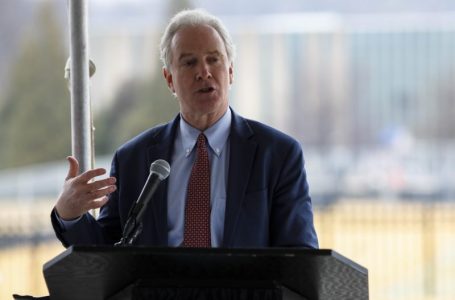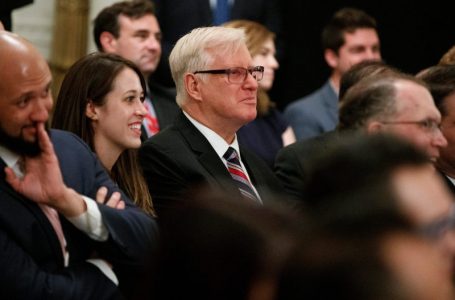A bullet — or bullet fragment — hit Trump during assassination attempt, FBI says
China, Russia suffer setback to global ambitions with major player refusing to join trading bloc
China and Russia both recently suffered a setback to their ambitions as a major economic superpower, when India refused to join a new trading bloc known as the Regional Comprehensive Economic Partnership (RCEP). The bloc is set to be the world’s largest trading bloc, and would have included the ten members of ASEAN plus China, Japan, South Korea, Australia, New Zealand, and India.
India’s refusal to join the bloc came despite significant diplomatic effort from China as the country had been strongly pushing for India to be included in the group. This refusal comes as a major blow to China and Russia’s plans for integrating the regional economies to achieve major economic growth.
RCEP creates a potential pathway for increased growth through regional trade, and it could have created a massive economic zone if India had joined. In addition, China had hoped that the economical boost of a large trading bloc would have helped it to improve its diplomatic relationships with other countries in the region. Without India, the economic potential of the bloc is greatly reduced.
India’s refusal to join the trading bloc has also weakened geopolitical ambitions of China and Russia in the region. This is particularly true for China, as India is seen as a major adversary which is becoming increasingly powerful. India’s decision to remain outside of the bloc could give it increased economic and diplomatic leverage as it remains an important independent power in the region.
Overall, both China and Russia have suffered a major setback to their global ambitions due to India’s refusal to join the Regional Comprehensive Economic Partnership. While the bloc could still be beneficial for regional economic growth and increased investments, the impacts may be greatly reduced without India. In addition, China and Russia’s geopolitical ambitions in the region may also be weakened as India remains a major independent economic power.












